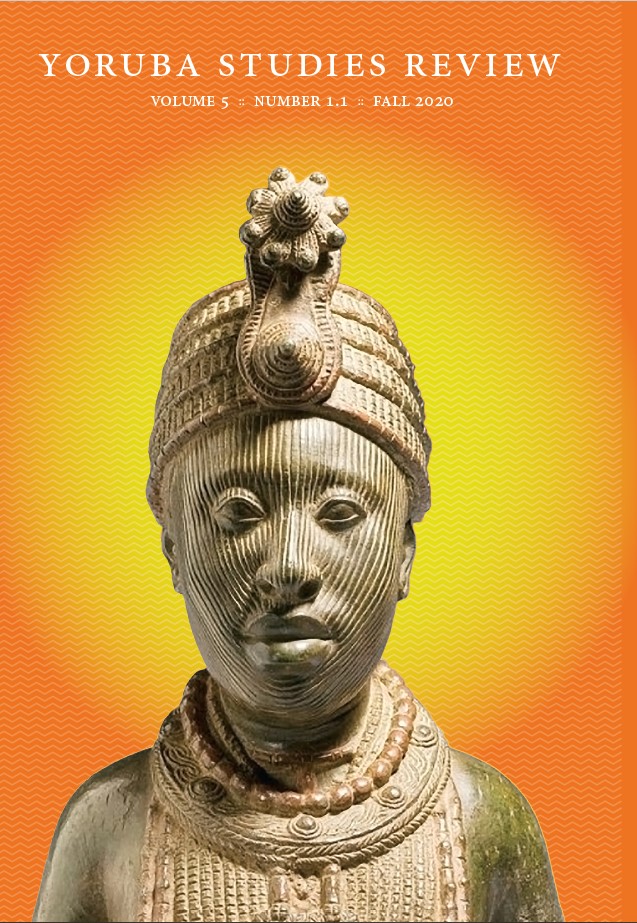Abstract
A curious debate is going on about the group name of the Yoruba nation, the name ‘Yoruba’. All sorts of strange and fanciful things are being said about this name. Also, many people are calling on me to intervene in the debate. I therefore hereby intervene. But I cannot participate in the more flippant levels of debate over this or any matter; I can only make known the results of my serious research. I might add that what I reveal here is a small peep into a very important body of research on the Yoruba nation, a body of research that will, hopefully, soon appear as a book on the profile of the Yoruba nation. In modern times, the Yorùba people in Nigeria have exhibited a remarkable ́ degree and quality of unity as a people. Such strong unity is engendered primarily by their common love of, and pride in, their culture, their strong emphasis on development and modernization, and in their civilizational achievements in history and in modern times. It is also reinforced by their common identity with such ideals as love of freedom, respect for the individual, accountability of leadership and governance, the servanthood of rulers, religious tolerance and accommodation, hospitality towards all other peoples, tenacity in fighting for ideals, and a unique fixation, as a people, on progress in all facets of modern development and transformation.

This work is licensed under a Creative Commons Attribution-NonCommercial 4.0 International License.
